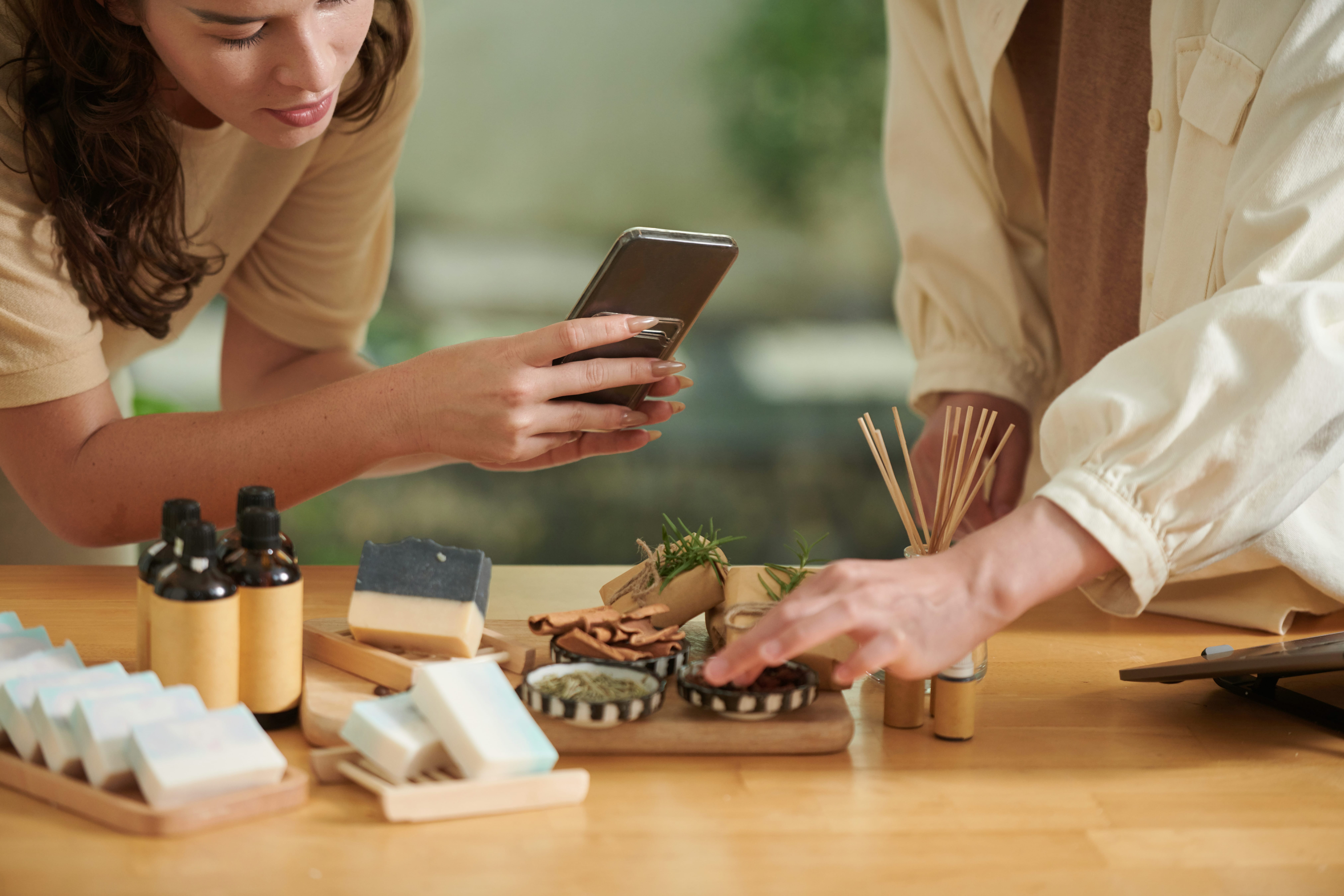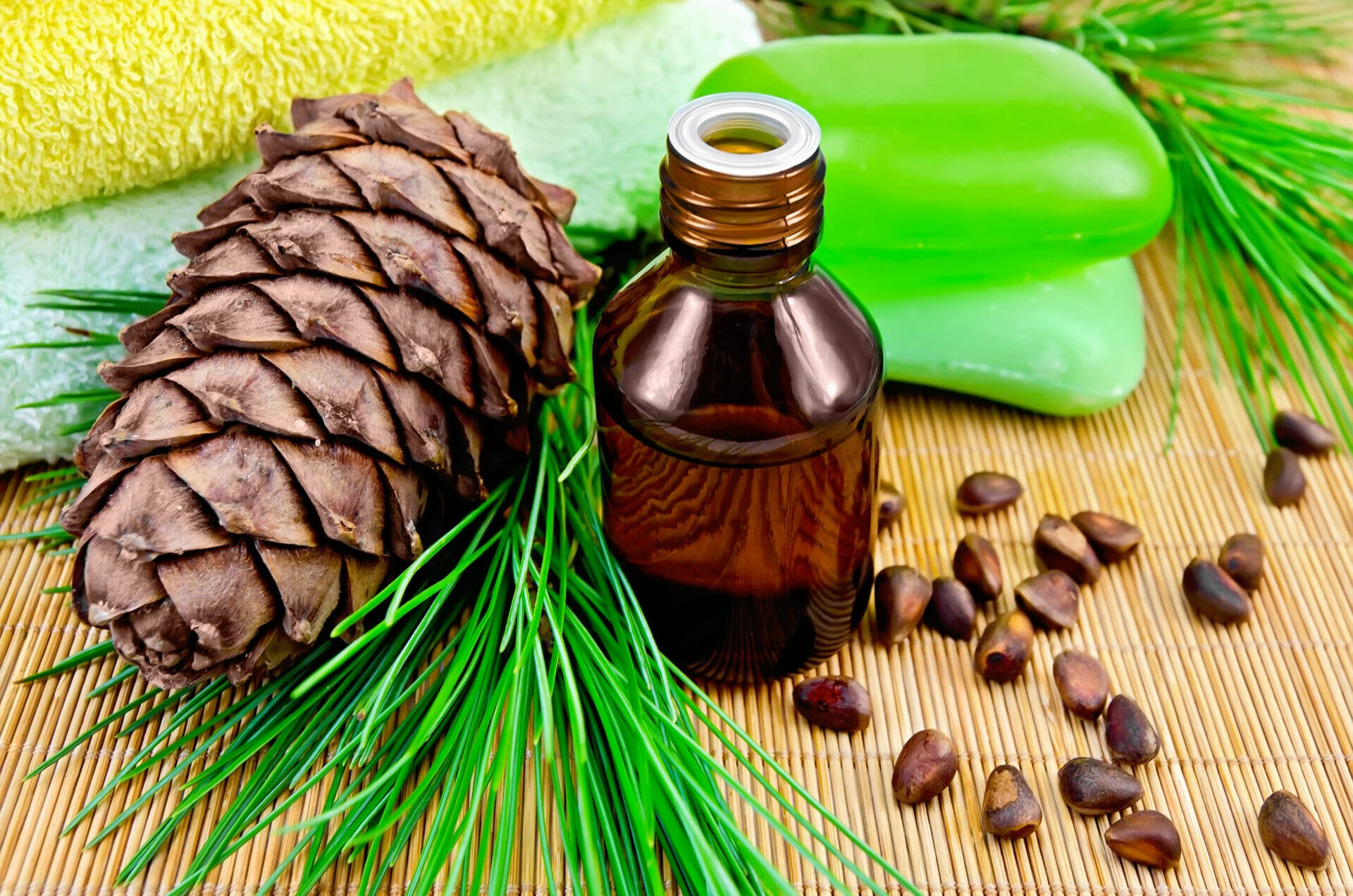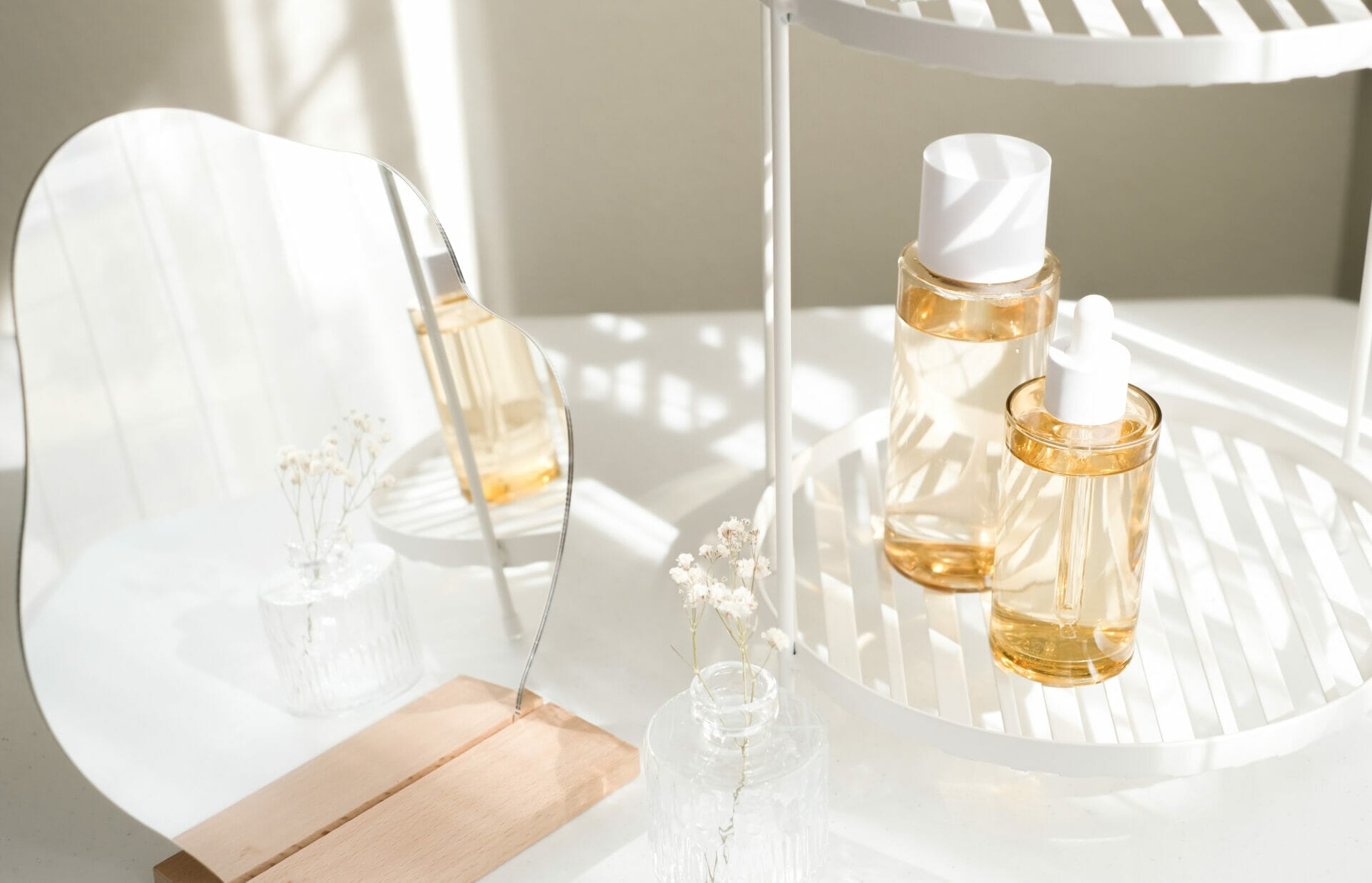We’ve all seen or used halal items, but what exactly are Halal-certified cosmetics?
Muslim women take careful care of their bodies and their attractiveness. Their eyes are a focal point of charm, making the goods appealing to them. Permeable goods allow water to pass through during ablutions, which is the cleansing practice performed before prayer. Keeping her appearance implies coming closer to God, according to Islamic Sharia.

About Halal Cosmetics
Halal refers to what is permitted and legal, whereas haram refers to what is prohibited under Islamic law. Najis alludes to filth, which is similar to contaminating something declared halal. Halalan-tayyib is a notion in which a product is declared halal, includes wholesome halal ingredients, and poses no health danger when used. The halal-haram rule is part of Islam’s overall legal system. The word halal is frequently connected with food.
However, this phrase encompasses much more than just food. Halal is relevant in all aspects of a person’s life, including income, product attitudes, and religiosity, among others. Because food consumption has a direct impact on the development of human well-being and behavior, Halal law prioritizes the permissibility of food consumption. Consuming haram (prohibited) items, on the other hand, is said to be harmful to one’s physical health and general character. It is a Muslim imperative to consume only halal items, as this is said to affect religiosity.
Halal medications and cosmetics are gaining popularity and increasing demand among the world’s 2.4 billion Muslim customers. Until 2024, the global halal market is expected to develop at a compound annual growth rate of 6.8%. Aside from the substantial Muslim population that is loyal to halal products, halal cosmetics have a broader commercial appeal among non-Muslim consumers who associate these products with ethical consumerism and higher quality assurance standards. Furthermore, for non-Muslims, halal might become a standard of acceptable compliance and quality in business transactions with Muslims.
Ingredients originating from pigs, carrion, blood, human body parts, predatory animals, reptiles, and insects, among other things, are prohibited in Halal cosmetic products. To be deemed halal, cosmetic materials obtained from acceptable animals must be slaughtered in accordance with Islamic law. Hygiene and pure conditions must be maintained at all times during the preparation, processing, manufacturing, storage, and transportation of halal cosmetic items. There is a focus on the lack of filth. The purpose of halal certification is similar to the goals of other quality assurance methods (e.g., cGMP, HACCP). As a result, halal cosmetics wearing the halal label must be recognized as a sign of cleanliness, safety, purity, and quality.
To begin, halal-certified cosmetics only employ animal ingredients from animals slaughtered in accordance with Islamic principles. Although halal cosmetics are mostly used by Muslim women, others all around the world are starting to use them because they want to use makeup securely and without causing harm to their skin.
Muslims now account for 26 percent of the world’s population. They live differently all across the world, yet they all share the concept of religious, political, social, private, and household life.
Although pharmaceutical products have advanced far beyond cosmetic products in terms of scientific innovation, as indicated by the numerous halal-certified medicine items on the market, scientific efforts in the development of cosmetics as a halal product must be pursued further in order to fully meet worldwide demand. Knowing the origin of raw materials and the manufacturing process of cosmetic chemicals is critical for Muslim consumers, as Islamic law states that every Muslim must consume only halal and wholesome products.
Furthermore, scrutinizing cosmetic items can be difficult, requiring a technical understanding of the contents, their suppliers, and manufacturing procedures. Cosmetic items are complicated, consisting of multiple highly processed products made from animal or plant materials. Cosmetic goods may be inadvertently swallowed (e.g., lipstick), inhaled (e.g., scents), or absorbed through the skin (e.g., alcohol or essential chemicals). With the acknowledged challenges, manufacturers must ensure that cosmetic goods are critically developed to be halal in composition and holistically fulfill the requirements of everyday Islamic rituals (e.g., wudu, cleaning before praying, or reading the Qur’an).
There are various issues that must be addressed in the production of halal cosmetics. Animal-derived cosmetic components such as gelatin, lecithin, glycerol, fatty acids, and collagen are extremely difficult to establish as halal. Some coloring agents may be obtained from insects, making them haram. Furthermore, materials of bovine origin represent an additional barrier because the animals may be slaughtered in a non-halal manner.
In order to meet the requirements of Islamic rituals, not only must halal materials be used in the production, but also the overall performance of the cosmetic product. A lacquered nail, for example, must be water-permeable to allow adequate rinsing, and cosmetic materials applied to skin must likewise be water-permeable or entirely rinsed off to allow Muslims to execute their rituals properly.

How do we know if an OEM cosmetic company creates HALAL-certified products?
To obtain certification, the Islamic department inspects the manufacturer’s facilities to ensure that no ‘illegal items’ or alcohol are present. Fluids required to clean the equipment involved in the manufacturing process are also included.
Furthermore, under Islamic law, the manufacturer must have a source of the substances utilized to make the items. Each product must be checked individually to ensure that no non-halal substances are present.
If the product passes all of the conditions, the Islamic department will issue a halal certification. If not, the manufacturer must make changes to the ingredients and so forth.
OEM cosmetic manufacturers are introducing new external and internal operations that will satisfy the expanding client needs by developing Halal-certified cosmetics. As a result, it is critical for producers to keep track of current market trends and understand what is permissible and prohibited.
What is allowed?
Except for donkeys, most OEM manufacturers that are certified halal by the Islamic government can only utilize materials derived from herbivorous animals.
It is feasible to use donkey flesh but not donkey blood. All animals that are slaughtered must adhere to Islamic Sharia law. The entire procedure must be carried out in the most considerate manner feasible.
What is not allowed?
OEM producers are not permitted to include animal components in product ingredients such as bones, claws, hair, and fats, which are typical in non-halal cosmetic makers.
All equipment and ingredients must be devoid of alcohol, which is critical as a risk for producers. It is also vital to understand that halal substances are not always vegan. Before making a purchase, it is therefore critical to constantly check the ingredient label and certification.


